The New Leviathans: Thoughts After Liberalism
£15.20£19.00 (-20%)
‘One of the most important thinkers alive’ The Times
Ever since its publication in 1651, Thomas Hobbes’ Leviathan has unsettled and challenged how we understand the world. Condemned and vilified by each new generation, Hobbes’ cold political vision continues to see through any number of political and ethical vanities.
In his wonderfully stimulating book The New Leviathans, John Gray allows us to understand the world of the 2020s with all its contradictions, moral horrors and disappointments through a new reading of Hobbes’ classic work. The collapse of the USSR ushered in an era of near-apoplectic triumphalism in the West: a genuine belief that a rational, liberal, well-managed future now awaited humankind and that tyranny, nationalism and unreason lay in the past. Since then, so many terrible events have occurred and so many poisonous ideas flourished, and yet still our liberal certainties treat them as aberrations which will somehow dissolve away. Hobbes would not be so confident.
Filled with fascinating and challenging perceptions, The New Leviathans is a powerful meditation on historical and current folly. As a species we always seem to be struggling to face the reality of base and delusive human instincts. Might a more self-aware, realistic and disabused ethics help us all?
Read more
Additional information
| Publisher | Allen Lane, 1st edition (7 Sept. 2023) |
|---|---|
| Language | English |
| Hardcover | 192 pages |
| ISBN-10 | 0241554950 |
| ISBN-13 | 978-0241554951 |
| Dimensions | 14.4 x 2.2 x 22.2 cm |

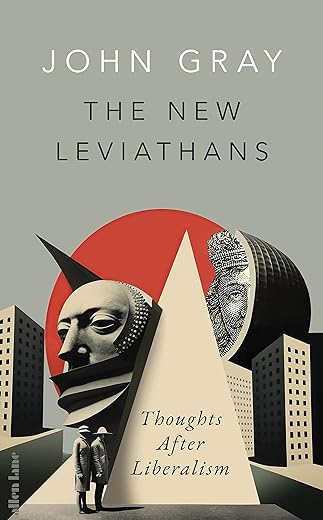
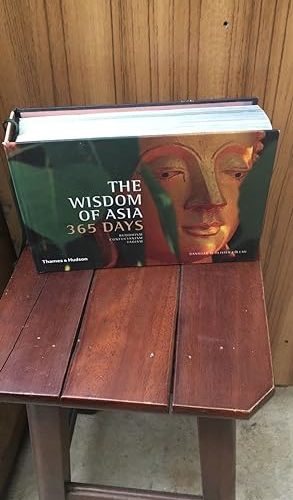

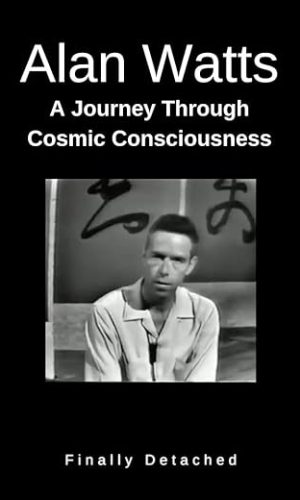
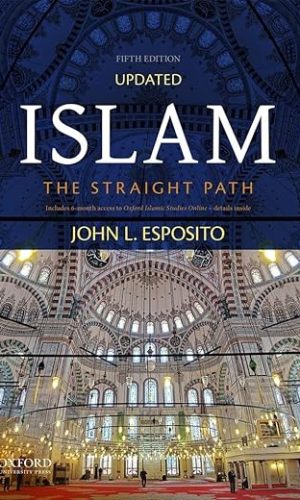
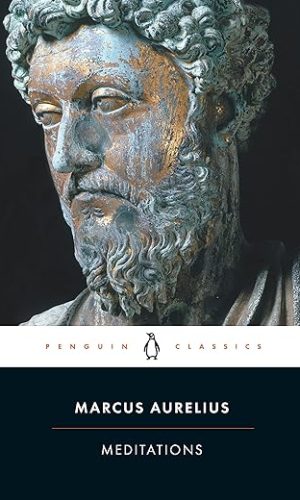
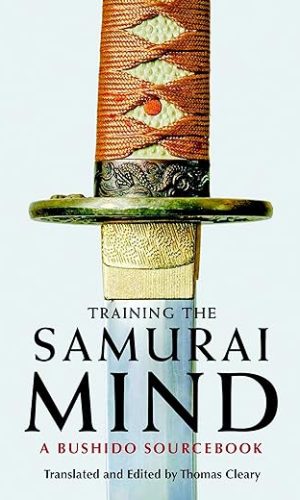
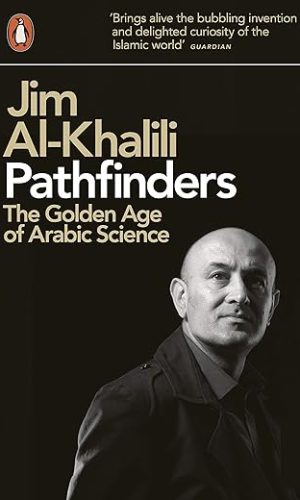
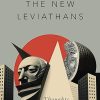
by J A R Powell
More of a poem than an argument. Gray argues that Christianity is at the origin of politics, and the British settlement. We argue things out, in a civilised way, because God is watching, and because in his eyes, everyone is the equal of everyone else. No dictatorships or arbitrary judgments from above. With the decline of God, politics is becoming a thing of the past. See today’s Uniparty; the rise of Lawfare; the absence of discussion of major problems either in or outside Parliament.
At this rate, the United States will become a failed state, where people without a political party or voice, will resort to using their firearms, on behalf of their racial, religious, economic group.
There are many pages describing what happens when politics and the decent state fails: namely, C20th Russia. Starvation, random trials, executions, every man for himself. That’s what is in store for us.
Hobbes is a very poor philosopher; made important more by the era in which he lived, than by the quality of his work. He dismisses consciousness as an epiphenomenon; and, paradoxically, did not believe in God.
Why does the book not have a stated argued conclusion? Because Gray refuses the obvious: you must believe in God, and things will go as they ought.
by Johnlad
“….and the life of man, solitary, poor, nasty, brutish, and short.” – Thomas Hobbe’s description of those without an all-powerful state (The Leviathan) to prevent them from doing each other harm and to protect them from enemies, is one of the best known and most frequently quoted sayings by a British philosopher. John Gray takes Hobbe’s vision forward to the twentieth and twenty first centuries to analyse the New Leviathans. States that go further than the minimalist protection of humankind from its most basic instincts, and also seek to give its citizens a meaning in life and to create a ‘perfect society’ for all who conform; for those who do not, then there is condemnation to the Hobbesian fate of the unprotected. The Russian and Chinese communist states are obvious examples with Stalin’s purges and Mao’s cultural revolution, but there is now Putin’s war mongering kleptocracy, and not to forget the United States and other liberal democracies who have sought to enforce their own liberalism on others with catastrophic effect in Iraq and Afghanistan. They now wage their internal war on the ‘unwoke’ who are cancelled and ostracised, and where, in the US, what should be no more than genuine differences on political issues like abortion, now result in the imposition of legal sanctions, rather than political compromise, threatening a breakdown of civic harmony.
John Gray writes for the everyday reader and as a former ‘history boy’ at South Shields Grammar, delights in giving out ‘gobbets’ about the many philosophers and writers he quotes in his text. Hobbes himself, according to John Aubrey, ‘rose about seven, had his breakfast of bread and butter’ and after a morning of meditation had his dinner exactly at 11, before a pipe and a nap. Vasily Rosanov, a Russian writer and thinker who died in 1919 ‘cherished the Orthodox Church for the ways it sweetened the small pleasures of life.’ (Rosanov loved jam).
It is not all epigrams though, and the author details the many atrocities committed in Communist Russia, not only the Holodomor, the politically engineered famine that killed millions, but also the purges of intellectuals many of whom had supported the regime. The Great Purge in 1935 claimed in the region of three quarter of a million lives. Among them, Nikolai Bukarin, who, when he knew that he would be executed, pleaded with Stalin for an act of mercy: that he should be allowed to take poison rather than being shot in the head. Stalin ordered that before his death he should be tied to a chair to watch his sixteen co-defendants being shot in the back of the head before himself suffering the same fate.
The author tries to look ahead but not with any great hope for mankind with the uncertainty of how the New Leviathans will evolve. This is a provocative read and having digested John Gray’s detailed analysis of so many great thinkers, I am left with another British philosopher’s aphorism, “What is truth said jesting Pilate, and would not stay for an answer.” (Francis Bacon)
by Mr. Michael Gover
The author argues that Christianity (and within that certain sorts of Protestantism) is THE basis for liberal democracy, without which people are reduced to ruthlessly attacking all whose values differ. He has a valid point about the savagery of those who hold currently fashionable views on sexuality, racial differences and so forth, towards those who beg to differ, but does not effectively link that to religious or atheist views.
He makes the point that Christianity (in theory) majors on repentance and forgiveness of sins, but he does not really show that Christians as a group, or any subgroup thereof behave better.
This is a real “off the wall” notion. I have met a few protestants, Anglican and otherwise, who appear to me deeply illiberal. And of course many slave owners were “Church People”. I have also met liberal Jews and Muslims.
He gives examples of outrageous behaviour by certain sorts of atheists but does not develop any arguments. The book is scrappy and disorganised. There is no attempt at rigorously developing his thesis. He could, and possibly elsewhere has, produced damning arguments against Communism and the liberal ideas of John Rawls, but there are not really any arguments in this book.
He comes across as an irate old man who has probably consumed more beer than necessary, and the book has the feel of a pub argument.
He writes provocative stuff in New Statesman but it would appear he lacks the capability of writing a decent book. I concede I have read nothing else of his, but if he once had a reputation as a thinker this book will likely do him some harm.